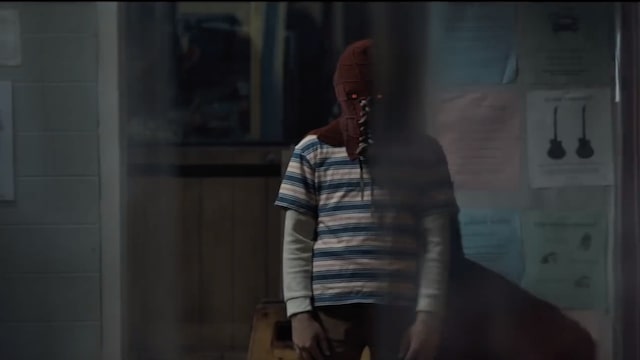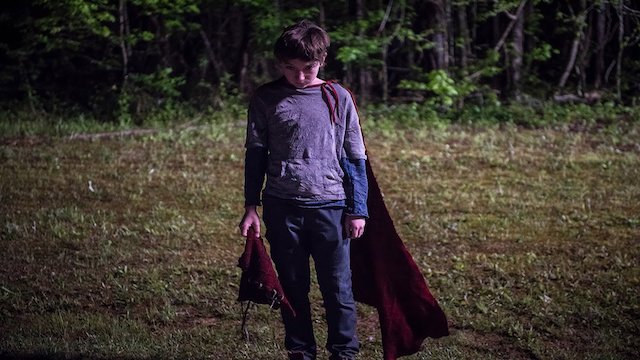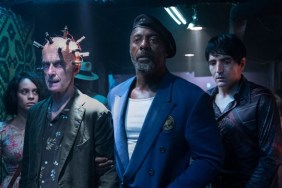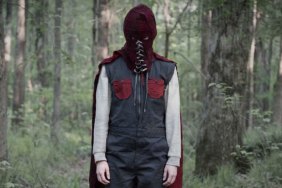Superman is perhaps the best-known superhero character, which is why everyone knows his origin. The Man of Steel is often portrayed as a benevolent force or sometimes even a Christ-like figure. He feels obligated to relieve humanity’s burdens, even to his own detriment. But what if Superman was evil? More importantly, what if he was selfish? These are…

The upcoming Marvel films get some new numbers added on






